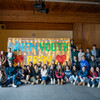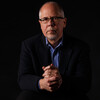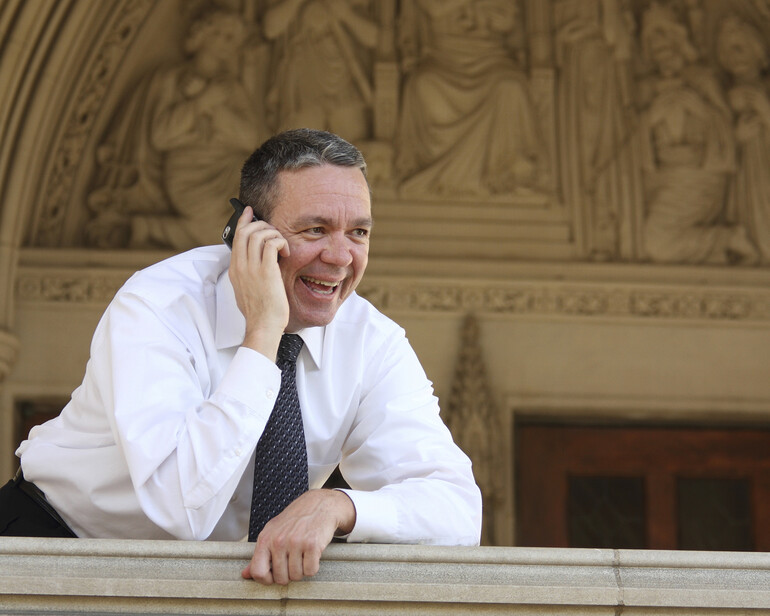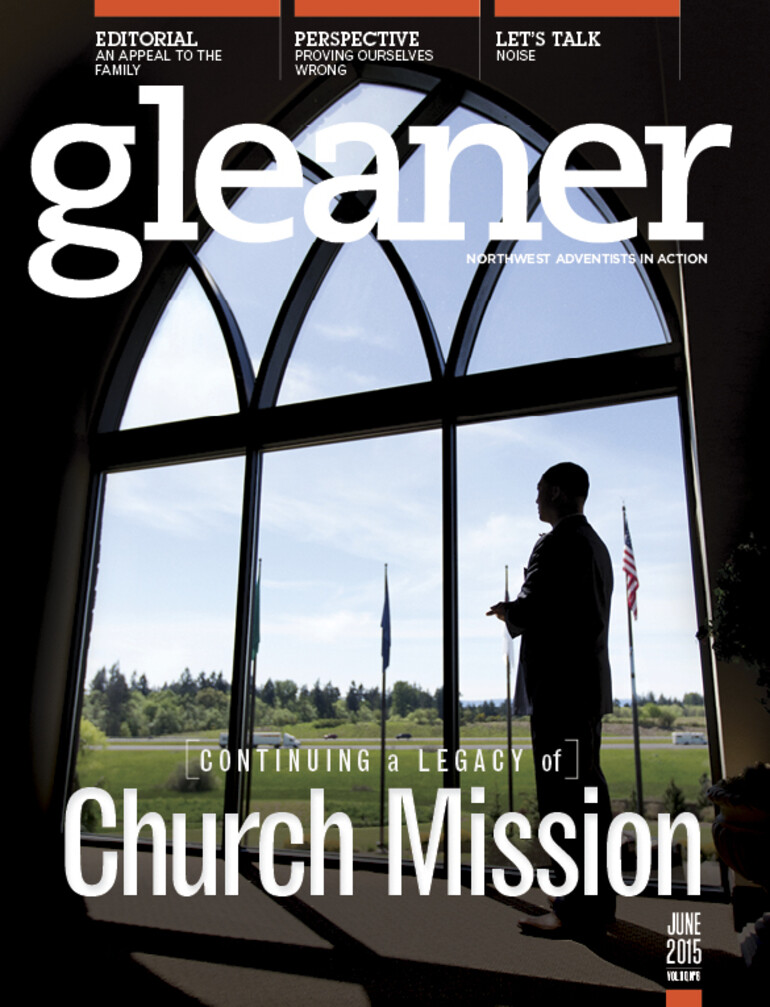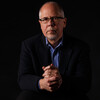The long drive was over. At a verdant campsite by the rushing water of central Oregon’s McKenzie River we pitched our tent, unfolded the camp stove and chairs, and prepared to enjoy a couple days of wilderness bliss.
That it was — until about 11 o’clock that evening when we were awakened by new kids on the block. Two carloads of inebriated party animals had invaded our haven on the river and set up camp like there was no tomorrow. Lanterns blazed, pop music blared, and a cacophony of voices bleated out a strikingly limited vocabulary. There was no sleep for us that night, and, as they showed no inclination of leaving the next morning, we sadly packed up and left.
I have often wondered about those who insist on bringing the noise of a city lifestyle to the woods. I come to forested parks reverently, as I would a cathedral, ready to worship at the feet of the Creator.
Yet we are all creatures of habit. We have grown accustomed to a way of life that includes constant connectivity to music, information and entertainment. And even in the midst of our congregations, in the center of our church mission, we have become partial to the sound of our own voices. Our own noise can drown out the divine.
As we have discussed before, we tend to form tribes of like-minded individuals. Often the rhetoric needed to keep these tribes in line becomes overwhelmingly loud. And each tribe gathers its own group of cheering fans, its own brand of politics. The strident tones inoculate the group against any other possible voice or perspective — even the voice of God Himself. It’s almost as if God says, “I’ll step over here to the side while you finish shouting. When you’re finished, let me know — I have a few things I’d like you to consider.”
Infatuated with my own logic, I've sometimes used opinions to define God the way I’d like Him to be — the kind of God my particular tribe feels comfortable with. But instead of revealing the Almighty, my words have too often obscured Him. Author Barbara Brown Taylor describes this "idolatry of words."
She says, “When we run out of words, then and perhaps only then can God be God. When we have eaten our own words until we are sick of them, when nothing we can tell ourselves makes a dent in our hunger, when we are prepared to surrender the very Word that brought us into being in hopes of hearing it spoken again — then, at last, we are ready to worship God.”1
As our world church prepares to meet as a representative body in business session this July, let’s pray the noise of our own words will be put aside for a renewed hunger and thirst to hear from God himself. Let’s seek to follow the example of one sent to prepare the way for the coming of the Lord. “He must increase, but I must decrease,” said John the Baptist in deference to the Savior. (John 3:30).
That's a voice we would do well to heed.
